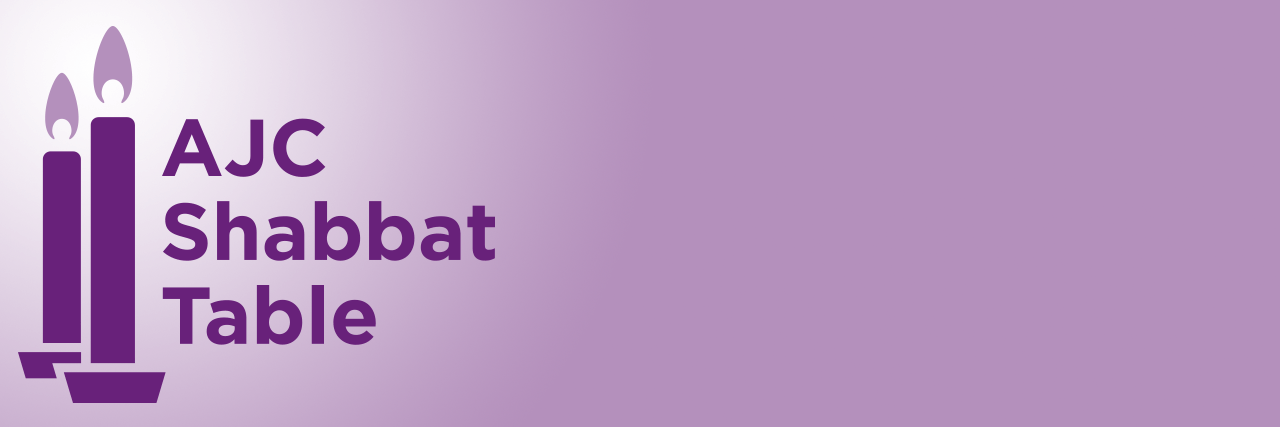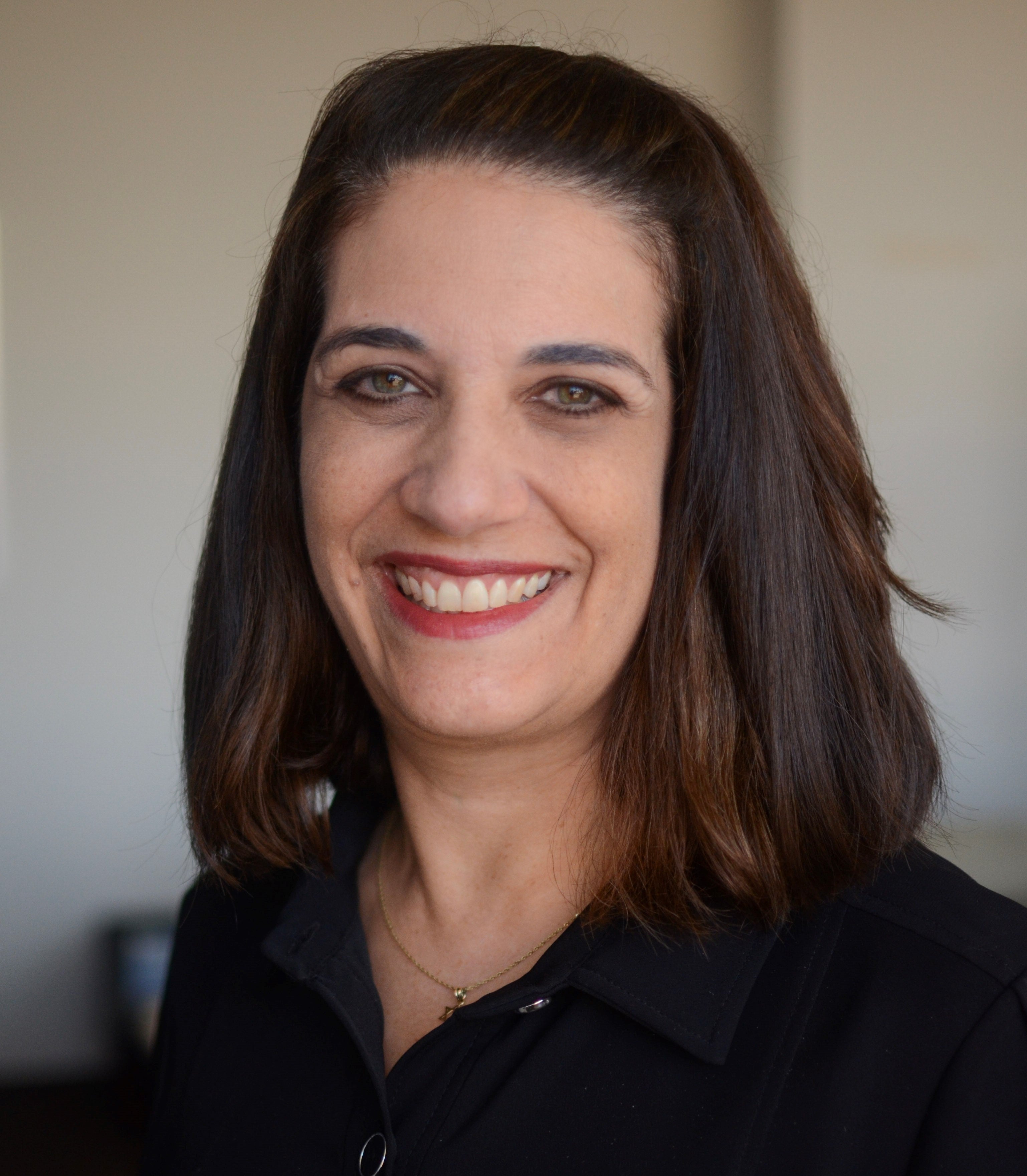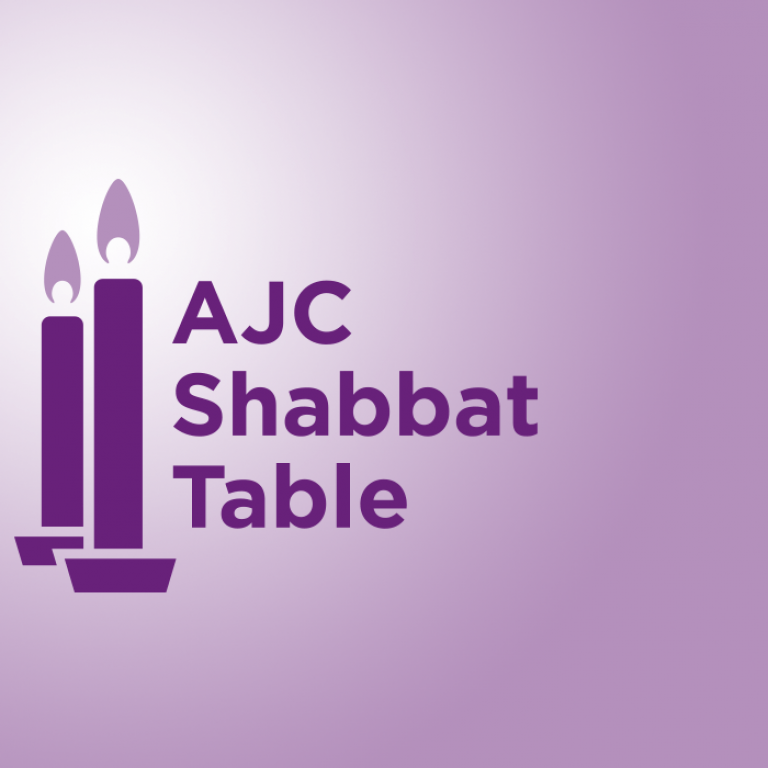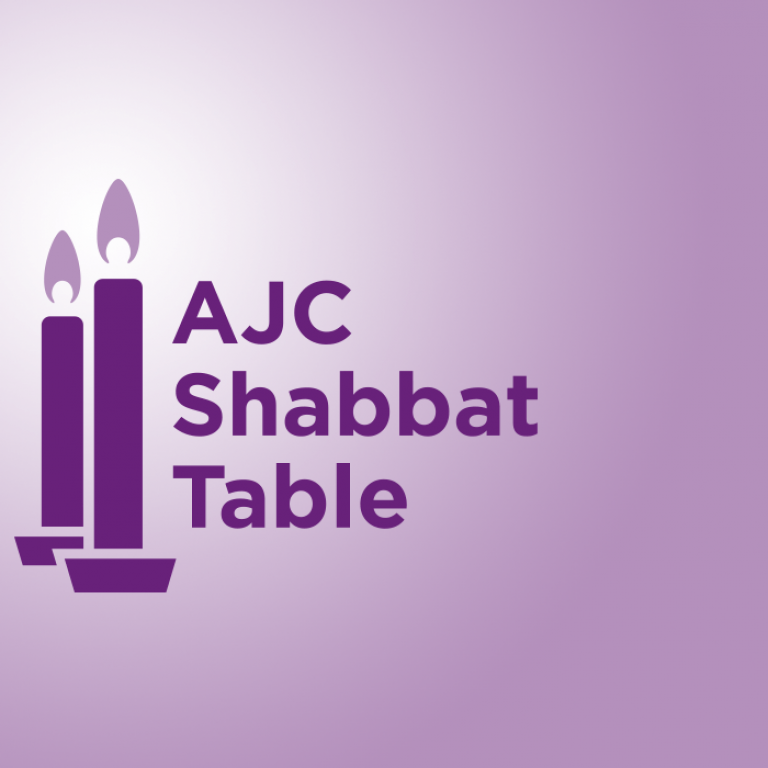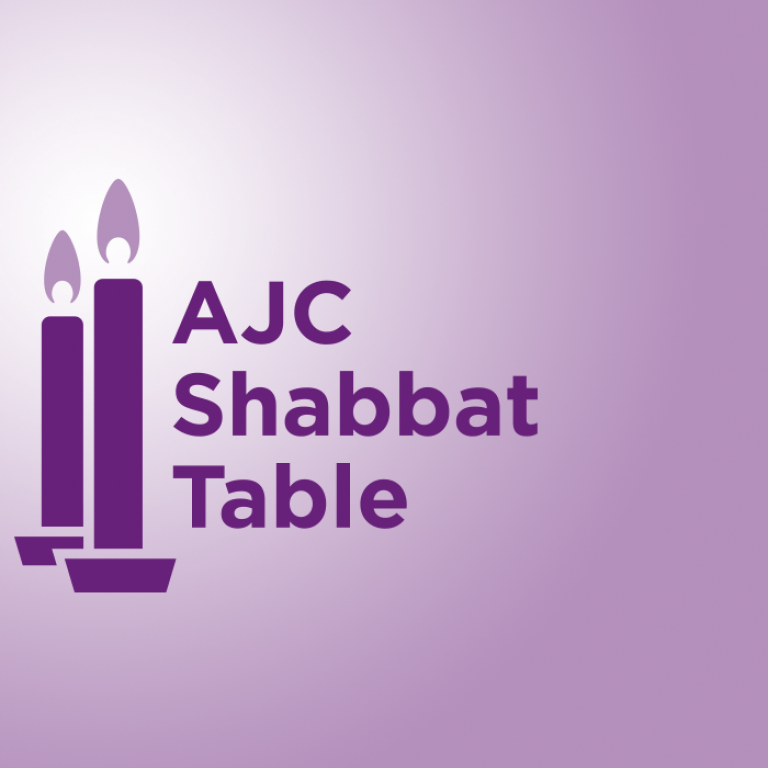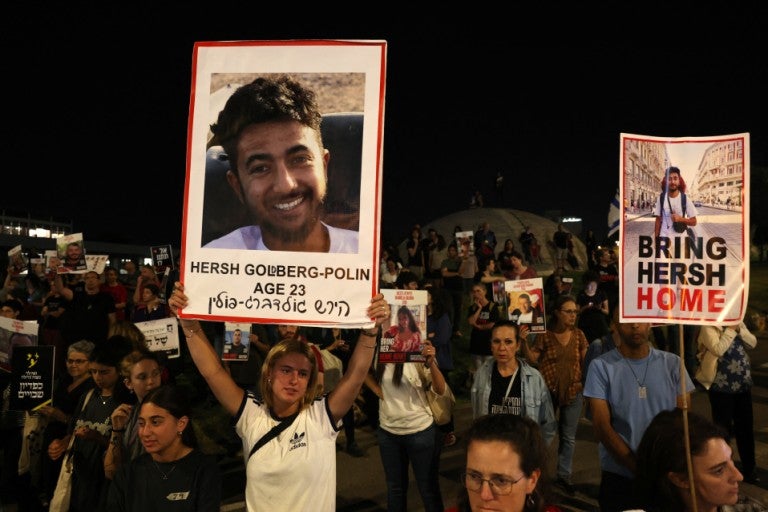March 5, 2021
This Shabbat: Parshat Ki Tisa
You have to feel for Moses in this week’s Torah portion. While he is up on Mt. Sinai receiving the Torah from God, the Children of Israel got nervous that they had been abandoned by their leader. They built a golden calf out of melted jewelry and began to worship it. When God saw what the Children of Israel had done, He was furious. He informed Moses that He was done with the Children of Israel and that He wanted to start over by building a new nation through the line of Moses. Moses did not accept this. He begged God to reconsider, reminding God of His promises to Abraham, Isaac, and Jacob. In the end, God relented. But the story did not end there. As Moses headed down the mountain holding in his hands the two holy Tablets of the Law, written by God, he saw with his own eyes the Children of Israel worshiping the Golden Calf. Though he had just finished defending the Children of Israel to God, now his anger flared up against them. He threw down the holy Tablets and they shattered at the foot of the mountain. What should we make of Moses’ reaction? How could he defend the Children of Israel to God, then rage against them when he faced them himself? Even more shockingly, how could he smash the Tablets of the Law, the Torah that God had given the Jewish people?
Amazingly, the rabbis teach that God praised Moses for shattering the holy Tablets. In fact, the act of destroying them was not a regrettable loss of control on the part of Moses, but rather an act of courage. Here we see a deep and profound message about leadership. Being a leader means both defending your people to the death against danger from the outside and demanding of your people that they be the best they can be. Maintaining those two goals in concert can be incredibly challenging. Sometimes leaders can be so angry at their flock that they think they don’t deserve protection. And, sometimes leaders believe that the criticism being levied against their people is unfairly harsh. Somehow, a good leader straddles the complications of needing to both shield those whom they lead and push them to grow in important directions. God and Moses both understood that the Children of Israel needed both Moses’ defense and his rage in order to become the people they were capable of being.
For Shabbat Table Discussion:
- Can you think of times that you’ve engaged in advocacy work when the stance you took to the outside world was different from the way you spoke internally?
- As strong Jewish advocates, do you think it’s always appropriate to fully defend Jewish causes and Israel to the outside world? Is it ever appropriate to let the outside world into an internal debate about actions or ideas? How should we make such calculations?
This Week in Jewish History
March 9, 2002 - Terrorist Bombing of Cafe Moment
There are moments in our lives when we know that we are living through something that will be in the history books. Our challenge is to contextualize our personal experience into a larger historical narrative. For me, March 9, 2002 is one of those moments. I remember that day so well. My family and I, living in Jerusalem then, had just spent a joyous Shabbat with dozens of family members in Ashdod to celebrate the upcoming marriage of my first cousin. As we drove back to Jerusalem, our three young children asleep in their car seats in the back, we flipped on the radio to listen to the news. The lead story was the horrifying news that a suicide bomber had murdered two people and critically wounded a baby (who later died) on a promenade near the beach in Netanya. Sadly, we were used to hearing news of this nature. We were living through the Second Intifada, and terrorist bombings were relentlessly frequent. We drove in silence, absorbing yet another tragedy. Shortly after we arrived home, the phone rang. It was my aunt. Her voice was panicked, “Are you okay? Did you hear?” “Yes, yes,” I responded, “we heard about Netanya. So awful.” “No,” she responded, her voice shaking, “Cafe Moment blew up!” My heart skipped a beat. We had just driven by Cafe Moment, a trendy cafe in the Rehavia neighborhood of Jerusalem, probably only minutes before the attack. We ran to turn on the TV. Sure enough, there it was - the smoldering cafe, the ambulances, the shocked faces, the dead bodies. It could have been us, I whispered to myself over and over. It could have been us.
The terrorist attack on Cafe Moment, which murdered eleven and injured fifty, was not even close to being one of the most deadly of the Second Intifada, a violent Palestinian uprising against Israel that lasted from 2000-2005. But, it hit too close to home for me. The 100 patrons of Cafe Moment that evening were just regular people, out to eat and drink on an early spring Saturday night. How could it be that such an innocent and normal activity, one taking place so close to the home in which my husband and I lived with our three children, was so dangerous?
The Second Intifada came in the wake of yet another failed peace negotation, the Camp David Summit of 2000 between Israel and the Palestinian Authority. Israelis had been so hopeful about this Summit. Israeli Prime Minister Ehud Barak had accepted parameters put on the table by the Americans that offered the Palestinians much of what they had been asking for. But PA head Yasser Arafat walked away without even giving a counteroffer. Arafat’s rejection of the Israeli offer had been hard for Israelis to stomach, but the outbreak of violence so soon thereafter caused deep anger and despair among Israelis. How, they wondered, could peace ever be achieved? All in all the Second Intifada resulted in the deaths of at least 1,000 Israelis, the vast majority of whom were innocent civilians just going about their regular lives. As we all lived through terror attack after terror attack, it felt to us like one side wanted peace while the other wanted violence. Of course, with the perspective of time, I imagine that there were millions of Palestinians who also hated the terrorism and violence and wished only for peace. But the extremists succeeded in their mission of sowing hatred, fear, and despair. The impact of those terrible years on the Israeli psyche continues today. Despite the suffering of the past, we continue to pray for peace and a two-state solution that honors the needs of both Jews and Palestinians.
Shabbat Shalom!
שבת שלום!
